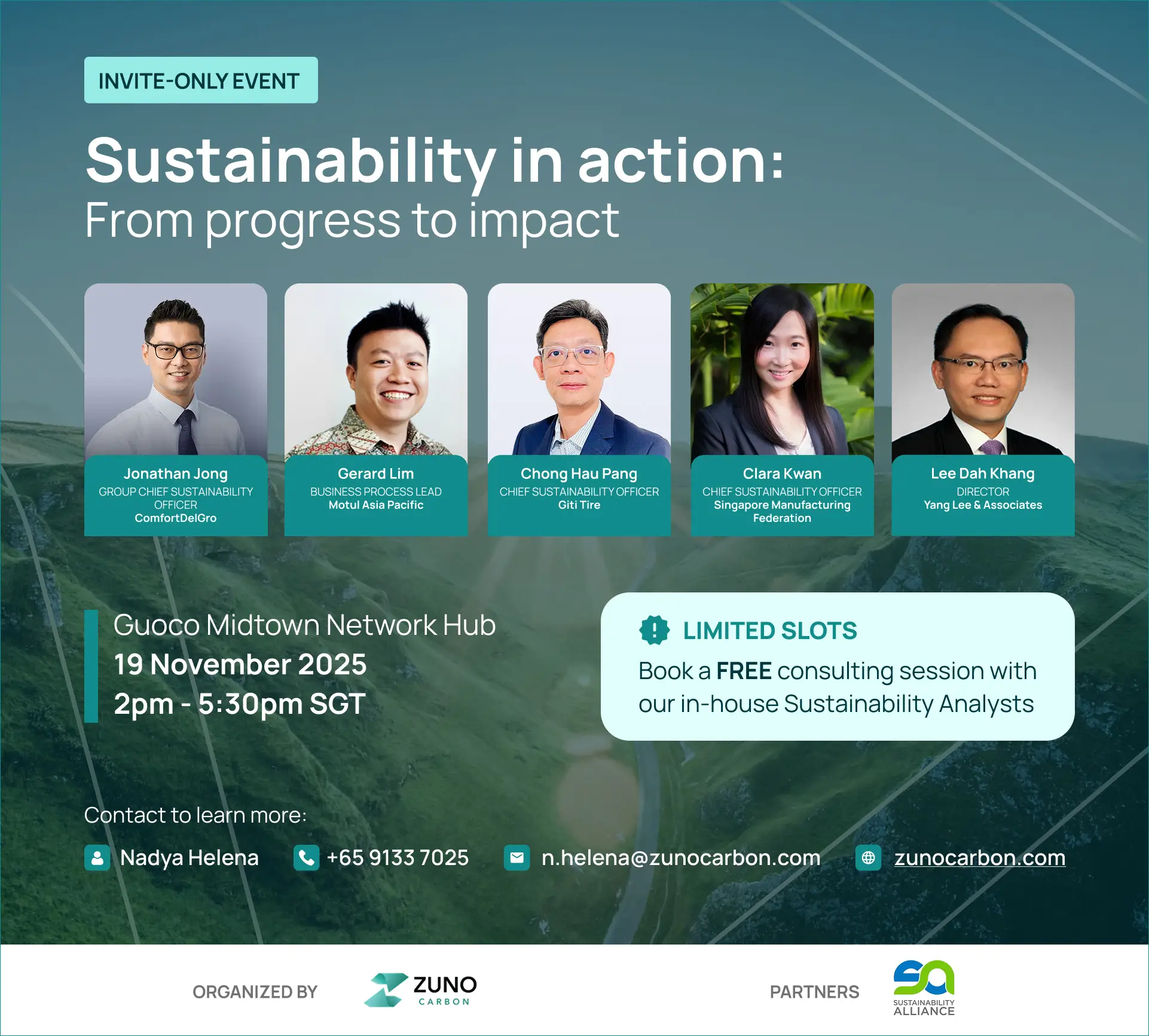Climate change is one of the most pressing challenges facing our world today, with its impacts felt across the globe. The need for effective climate change solutions is more urgent than ever, as the consequences of inaction continue to escalate. From rising sea levels and extreme weather events to threats to global food security and public health, the effects of climate change are profound. Finding and implementing climate change solutions is not only crucial for mitigating these impacts but also for securing a sustainable future for generations to come. You can check out our previous post to learn more about climate change impacts.
Let's explore some of the most effective climate change solutions available today:
1. Transition to Renewable Energy
The shift from fossil fuels to renewable energy sources like solar, wind, and hydroelectric power is one of the most critical solutions in combating climate change. This transition is not only essential for reducing greenhouse gas emissions but also for achieving long-term energy security and independence. Renewable energy not only reduces greenhouse gas emissions but also offers energy independence, reducing reliance on finite resources like coal and oil.
Benefits of Renewable Energy
The benefits of this transition are clear. Renewable energy systems produce little to no global warming emissions. According to the UN, transitioning to renewable energy could reduce global CO2 emissions by up to 70% by 2050. In addition to reducing emissions, renewable energy sources like wind and solar produce little to no air pollution, helping to address health issues related to poor air quality. Currently, air pollution is responsible for millions of premature deaths each year, highlighting the urgent need for cleaner energy solutions.

Global Success Stories
Several countries have already made significant strides in this direction. For example, the Photovoltaic Road in Jinan, China, is an innovative project that uses solar panels embedded in roads to generate electricity. This innovative approach not only generates electricity but also demonstrates the potential for integrating renewable energy into everyday infrastructure. Another notable example is the Benban Solar Park, in Egypt, one of the largest solar installations globally. With a capacity to produce 3.8 TWh of electricity annually, Benban plays a critical role in reducing Egypt's carbon footprint and diversifying its energy sources away from fossil fuels. This project is a testament to how large-scale renewable energy projects can significantly contribute to national and global climate change solutions.
.webp)
Challenges and Opportunities
While the benefits of renewable energy are clear, the transition also presents challenges. These include the need for substantial upfront investment, the development of energy storage technologies, and the integration of renewables into existing energy grids. However, these challenges are being addressed through ongoing technological innovation and supportive government policies. For instance, Denmark, Sweden, and Chile are leading examples of how strong climate policies can drive renewable energy adoption, setting ambitious targets and creating incentives for both public and private sectors to invest in clean energy.
2. Energy Efficiency and Conservation
Improving energy efficiency and conservation is another key component of climate change solutions. By using energy more efficiently, we can reduce the overall demand for energy and lower greenhouse gas emissions.
Advances in Energy Efficiency
Technological advancements have made it possible to improve energy efficiency in buildings, transportation, and industries. Energy-efficient appliances, smart grids, and sustainable urban planning are just a few examples. The European Union’s Renewable Energy Directive is a leading example of how policy can drive energy efficiency improvements. By setting binding targets, the EU has successfully reduced energy consumption across member states.
The Massachusetts Energy Conservation case studies highlight successful strategies in energy reduction. For example, initiatives like the Mass Save program have significantly lowered energy use and carbon emissions in residential and commercial buildings.

3. Sustainable Agriculture and Land Use
Agriculture is not just a major contributor to climate change through practices like deforestation and methane emissions from livestock; it is also a sector that holds immense potential for reducing greenhouse gas emissions and fostering sustainable development. To tackle climate change effectively, it is essential to rethink how we produce food, use land, and manage natural resources.
Sustainable farming practices
These are key to global climate change solutions, focusing on reducing environmental impact while maintaining productivity. Agroforestry integrates trees into farms, boosting biodiversity and acting as carbon sinks to absorb CO2 and prevent soil erosion. Regenerative agriculture restores degraded soils and increases biodiversity using techniques like no-till farming and rotational grazing, which sequester carbon and minimize chemical use. Organic farming, by avoiding synthetic fertilizers and pesticides, lowers greenhouse gas emissions and promotes healthier ecosystems, making it a vital part of the fight against climate change.
Plant-based diets
A shift towards plant-based diets is one of the most impactful global climate change solutions at the individual level. Livestock farming is responsible for significant methane emissions and reducing meat consumption can drastically lower greenhouse gas emissions as well as land and water usage.
That being said, let’s have a brief look at individual lifestyle solutions. In addition to these agricultural practices, it is important to recognize that lifestyle changes, particularly in high-consumption countries, are essential for addressing climate change.
- Reducing meat consumption: In many developed countries, the average diet is heavily meat-based, contributing significantly to climate change. Reducing meat consumption, particularly red meat, and adopting a more plant-based diet can lead to substantial reductions in greenhouse gas emissions as well as significantly improve your health.
- Energy Efficiency in Daily Life: Simple changes like using energy-efficient appliances, minimizing air travel, reducing water waste, and opting for public transport or cycling instead of driving can collectively make a big difference.
- Supporting Sustainable Products: Consumers can play a crucial role in climate change solutions by making thoughtful choices about the products they buy. By opting for sustainably produced goods with lower carbon footprints and supporting companies that prioritize environmental responsibility, such as eco-friendly energy providers and sustainable banks, you can significantly reduce your carbon footprint. Avoiding fast fashion and choosing brands committed to sustainability are other critical steps. Aligning your consumer habits with climate-conscious values helps drive demand for responsible practices and products, contributing to the global effort to combat climate change.

4. Implication of Policies and Advocacy
Effective climate change solutions require strong policies and advocacy at both the national and international levels. Governments play a crucial role in setting regulations and standards that drive climate action.
Government Initiatives
International agreements like the Paris Agreement set the framework for global climate action. The agreement aims to limit global warming to well below 2°C, with efforts to keep it at 1.5°C. Countries like Denmark, Sweden, and Chile are leading by example, implementing ambitious climate policies that promote renewable energy, energy efficiency, and sustainable land use.
Public Awareness and Advocacy
Public awareness and advocacy are also critical in driving change. Grassroots movements and NGOs play an essential role in raising awareness, influencing policy, and holding governments and corporations accountable. Effective communication of climate change risks and solutions can mobilize communities and encourage more sustainable behaviors.
5. Investing in Green Technology
Investing in green technology is a strategic move for businesses looking to address climate change and achieve sustainability goals. Green tech solutions, like those offered by Zuno Carbon, help companies measure and track carbon emissions and ESG data, produce ESG reports, and set decarbonization goals. Investing in green technology is not just a trend; it’s a necessity. By partnering with green tech businesses, you can take proactive steps towards a more sustainable future. Green technology supports the shift to renewable energy, enhances efficiency, and reduces waste- key elements in global climate change solutions. Partnering with green technology companies allows businesses to embed sustainability into their operations, driving both environmental and financial success.
In conclusion, the fight against climate change requires a multifaceted approach, combining technological innovation, policy reform, and individual action. As ESG managers and sustainability consultants, the role you play in driving these changes is critical. Investing in green technology, like the solutions offered by Zuno Carbon, can provide the tools needed to track and reduce carbon emissions, ensuring your business is part of the global effort to combat climate change. Book a demo today to see how we can help your business achieve its sustainability goals.
.webp)

.webp)



.webp)
.webp)




